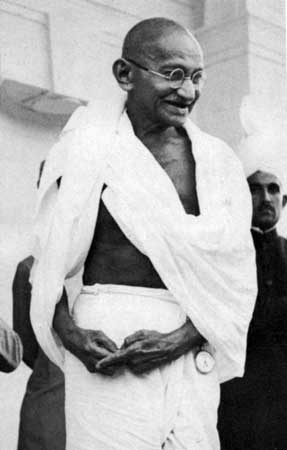Helmut Kohl, (born April 3, 1930, Ludwigshafen am Rhein, Germany—died June 16, 2017, Ludwigshafen am Rhein), German politician who served as chancellor of West Germany from 1982 to 1990 and of the reunified German nation from 1990 to 1998. He presided over the integration of East Germany into West Germany in 1990 and thus became the first chancellor of a unified Germany since 1945.
- Overview of Helmut Kohl’s political career, including his role in the reunification of Germany.Contunico © ZDF Enterprises GmbH, Mainz
- In the 1980s West German Chancellor Helmut Kohl worked to create a united Europe that would be both …Contunico © ZDF Enterprises GmbH, Mainz
Kohl grew up in a conservative Roman Catholic family. As a teenager in wartime Germany, he was drafted and sent to basic training, but the war ended before he had to fight. His interest in politics manifested itself early: in 1947 he began working in a Christian Democratic Union (CDU) youth organization in his native town. Kohl earned a doctorate in political science at the University of Heidelberg (1958). He was elected in 1959 to the Rhineland-Palatinate state legislature and in 1969 to the state’s post of minister president (prime minister), and he soon developed a reputation as a capable administrator. He also became the CDU’s national deputy chairman in 1969, and he was elected chairman of the party in 1973.
Kohl entered the 1976 federal elections as the chancellor candidate of the CDU and its Bavarian sister party, the Christian Social Union (CSU), but lost to the Social Democratic Party (SDP) led by Helmut Schmidt. In 1982 many members of Schmidt’s coalition partners, the Free Democratic Party (FDP), deserted their alliance with him. The combined forces of the CDU, the CSU, and the FDP defectors passed a vote of no confidence against Schmidt in the Bundestag (West German parliament) on October 1, 1982, and immediately forced him from office by giving Kohl the required absolute majority in the ensuing vote for a new chancellor.
The CDU-CSU-FDP coalition won a 58-seat majority in federal elections held on March 6, 1983. Kohl’s government went on to follow centrist policies that included modest cuts in government spending and strong support for West German commitments to NATO. These policies were confirmed by victory in the federal elections of January 25, 1987, although the CDU-CSU-FDP coalition held a reduced majority of 45 seats.
As the Soviet Union abandoned its control over eastern Europe in 1989–90, Kohl led the drive for the speedy reunification of West with East Germany. The opposition SDP, by contrast, approached this momentous issue much more warily. When East Germany held its first democratic parliamentary elections in March 1990, Kohl campaigned vigorously for the CDU’s sister parties in East Germany, which were able to form a government committed to reunification. In May 1990 Kohl’s government concluded a treaty with East Germany that unified the two countries’ economic and social-welfare systems and granted East Germany an equal exchange of their now-worthless East German currency for the powerful deutsch mark. Kohl worked strenuously to obtain the assent of both his NATO allies and the Soviet Union to German reunification, and on October 3, 1990, East Germany was dissolved and its constituent states joined West Germany in a reunified Germany. On December 2, 1990, in the first free, all-German parliamentary elections since 1932, Kohl and his governing CDU-CSU-FDP coalition won a 134-seat majority in the Bundestag.
- Soviet Foreign Minister Eduard Shevardnadze (right) greeting West German Foreign Minister …Victor Yurchenko/AP

Absorption of the moribund eastern German economy proved more expensive and difficult than predicted, and Kohl’s government had to commit itself to tax increases and cuts in government spending in order to finance unification. Voter discontent over these harsh realities, compounded by resentment over a severe recession in 1992–93, were reflected in the parliamentary elections of October 16, 1994, which reduced Kohl’s parliamentary majority to 10 seats.
Continuing high unemployment in Germany and voter weariness with Kohl after 16 years in office enabled the SDP, led by Gerhardt Schröder, to defeat the CDU-CSU in parliamentary elections held on September 27, 1998. In 1999 Kohl was involved in a scandal arising from the collection of illegal campaign contributions. In January 2000 he resigned his party offices and faced serious charges of misusing funds. He was assessed a stiff fine in February 2001.























